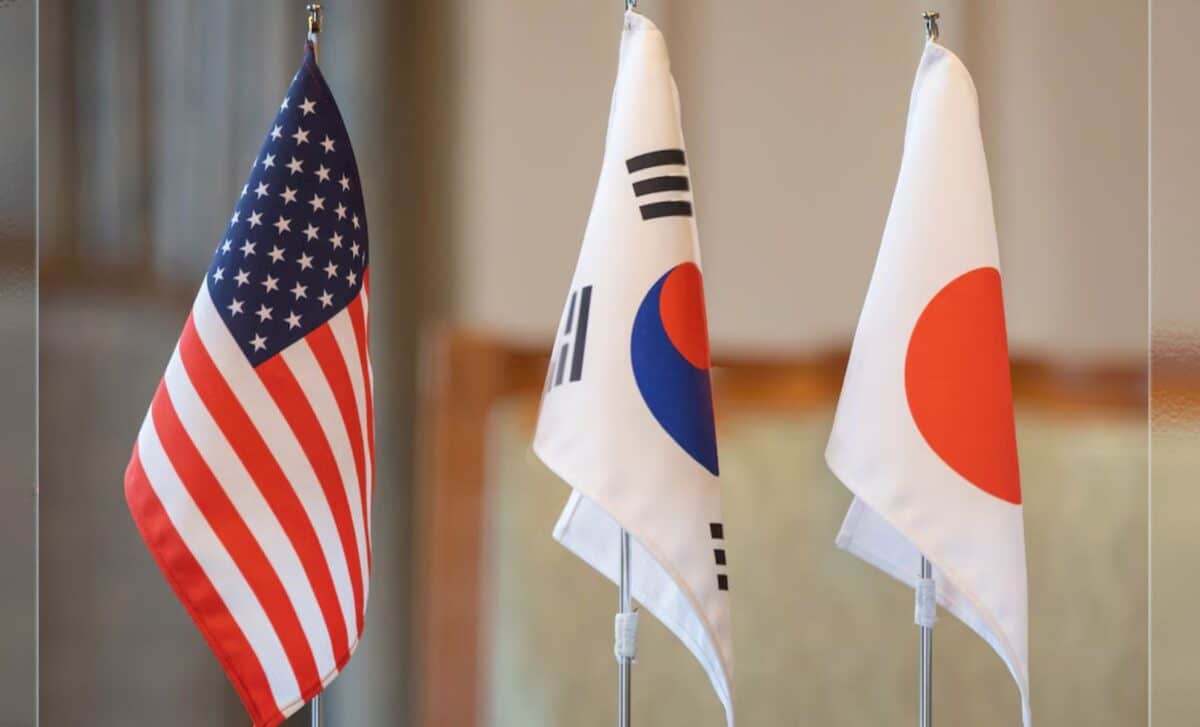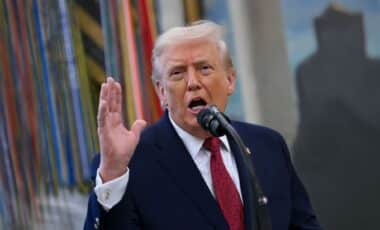China, Japan and South Korea have pushed back against reports suggesting a coordinated stance on U.S. tariffs. Beijing cited a consensus, while Tokyo and Seoul clarified no such agreement was made.
As geopolitical and economic tensions rise, the dynamics among East Asia’s major export economies remain under scrutiny. A recent high-level meeting between the trade ministers of China, Japan and South Korea has drawn attention following conflicting statements about a potential trilateral response to new U.S. trade tariffs.
The three countries met in Seoul on Sunday for their first economic dialogue in five years, aiming to strengthen cooperation amid ongoing disruptions in global supply chains. The discussions, while officially focused on regional trade, have become the subject of competing interpretations in the media.
Conflicting Statements Follow First Trilateral Economic Dialogue Since 2019
According to a post on the Weibo account Yuyuan Tantian, linked to China Central Television, China, Japan and South Korea had agreed to jointly respond to tariff actions initiated by the United States.
The report suggested a shared stance on promoting mutual access to semiconductor components and enhancing dialogue on export control mechanisms.
However, these claims were quickly downplayed by both Seoul and Tokyo. A spokesperson for South Korea’s trade ministry stated that the notion of a joint response was “somewhat exaggerated” and pointed to the official joint statement, which omitted any reference to U.S. tariffs.
The ministry reiterated that the meeting focused on reaffirming the countries’ commitment to cooperation rather than formulating countermeasures.
Japan’s Trade Minister Yoji Muto further denied the suggestion, noting in a press conference that the discussions amounted to a general “exchange of views” without any detailed agreement on tariffs or retaliatory measures. His comments echoed the sentiment that no unified response was formally discussed during the session.
Trilateral Talks Aim to Revive Regional Trade Ties Amid Global Uncertainty
Despite the controversy surrounding the tariffs, the ministers did reach a consensus on revitalizing negotiations for a long-delayed free trade agreement (FTA) involving all three nations. According to the joint statement, the parties agreed to “accelerate discussions” on the trilateral FTA as a means to boost regional and global trade stability.
The economic dialogue also addressed the importance of strengthening supply chain resilience and maintaining open communication on trade controls, particularly in strategic sectors like semiconductors.
Each country expressed an interest in reciprocal trade arrangements—Japan and South Korea in sourcing raw materials from China, and China in accessing chip products from its two neighbours.









